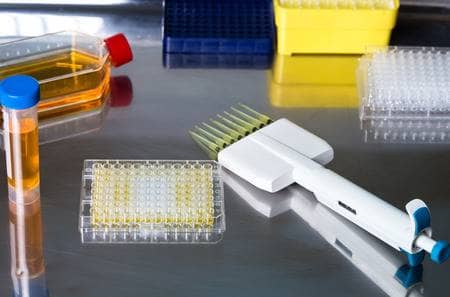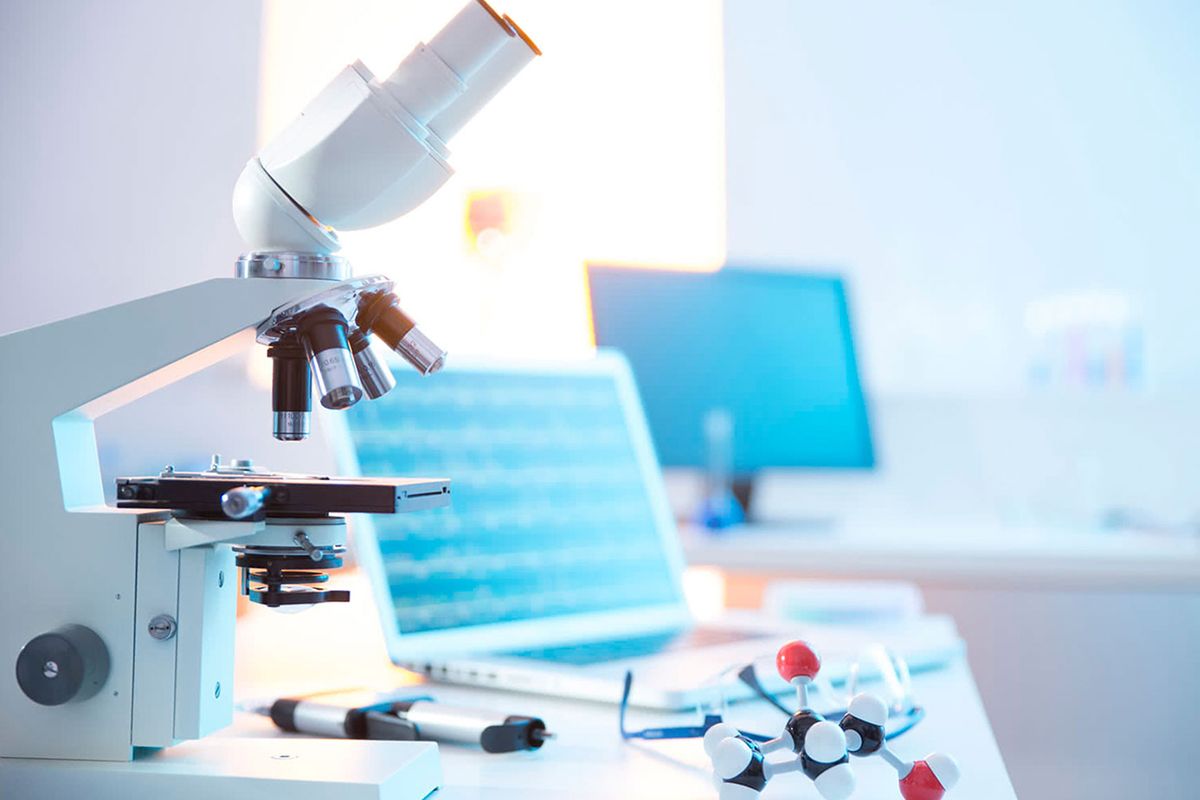
Research Process We Follow
Our Immunology unit offers you the best in terms of diagnosing diseases: infectious or non-infectious. Basic antigen-antibody interactions assayed using state-of-the-art technology builds confidence in our results.
Immunology and Its Key Aspects
Immunology is the branch of science that deals with the study of the immune system and how it functions to protect the body from foreign invaders, such as pathogens (microorganisms like bacteria, viruses, and fungi) and abnormal cells (cancer cells). The immune system is a complex network of cells, tissues, organs, and molecules that work together to recognize and eliminate harmful substances while maintaining tolerance to the body’s own cells and tissues.

Immunology is a dynamic and rapidly evolving field, with ongoing research leading to new insights into the immune system’s functions and the development of innovative therapies.

Allergies are hypersensitive immune responses to normally harmless substances, such as pollen, certain foods, or animal dander. Immunology helps us understand the mechanisms behind allergic reactions.
The field of immunology is essential in organ and tissue transplantation, as it deals with the compatibility between the donor and recipient, as well as preventing rejection of transplanted tissues by the recipient’s immune system.
Immunology is closely related to the study of inflammation, which is a natural response of the immune system to infection or injury. However, chronic inflammation can contribute to various diseases.
This is an emerging field that focuses on understanding how the immune system can be harnessed to recognize and destroy cancer cells. Immunotherapies, such as checkpoint inhibitors, have revolutionized cancer treatment.
